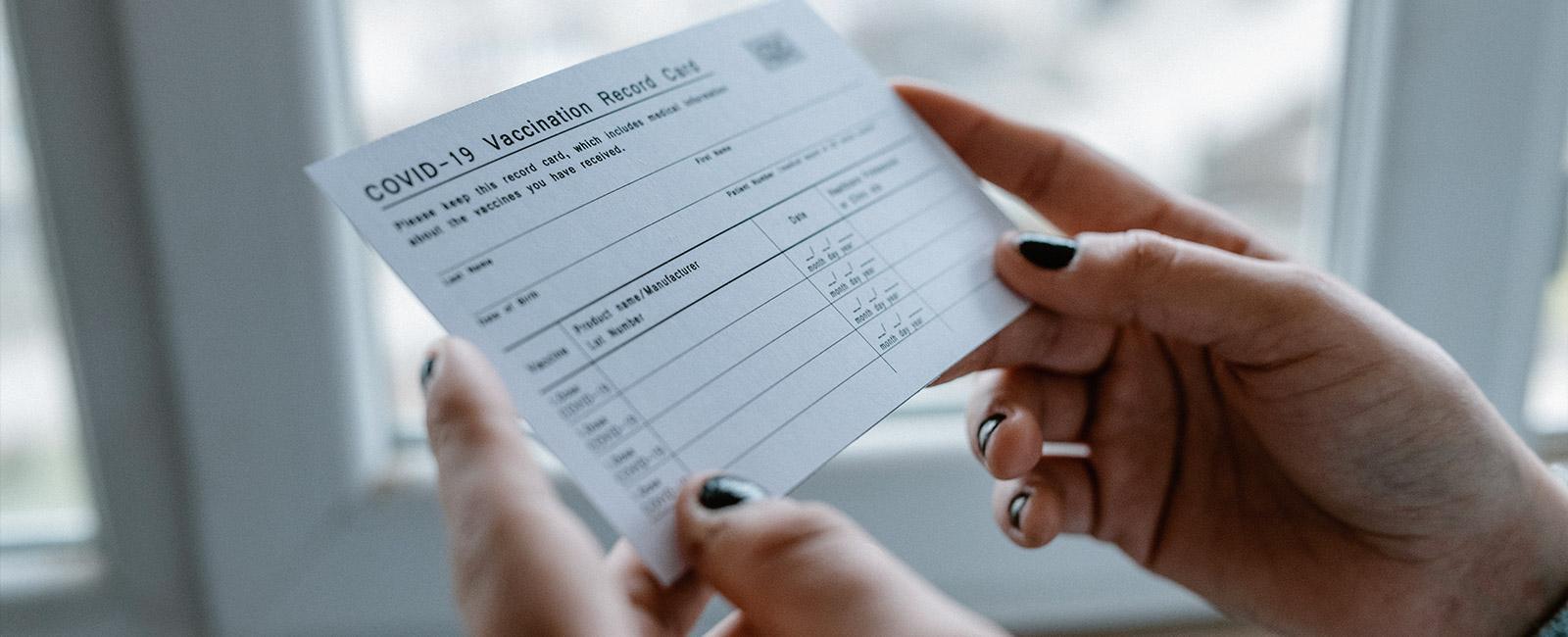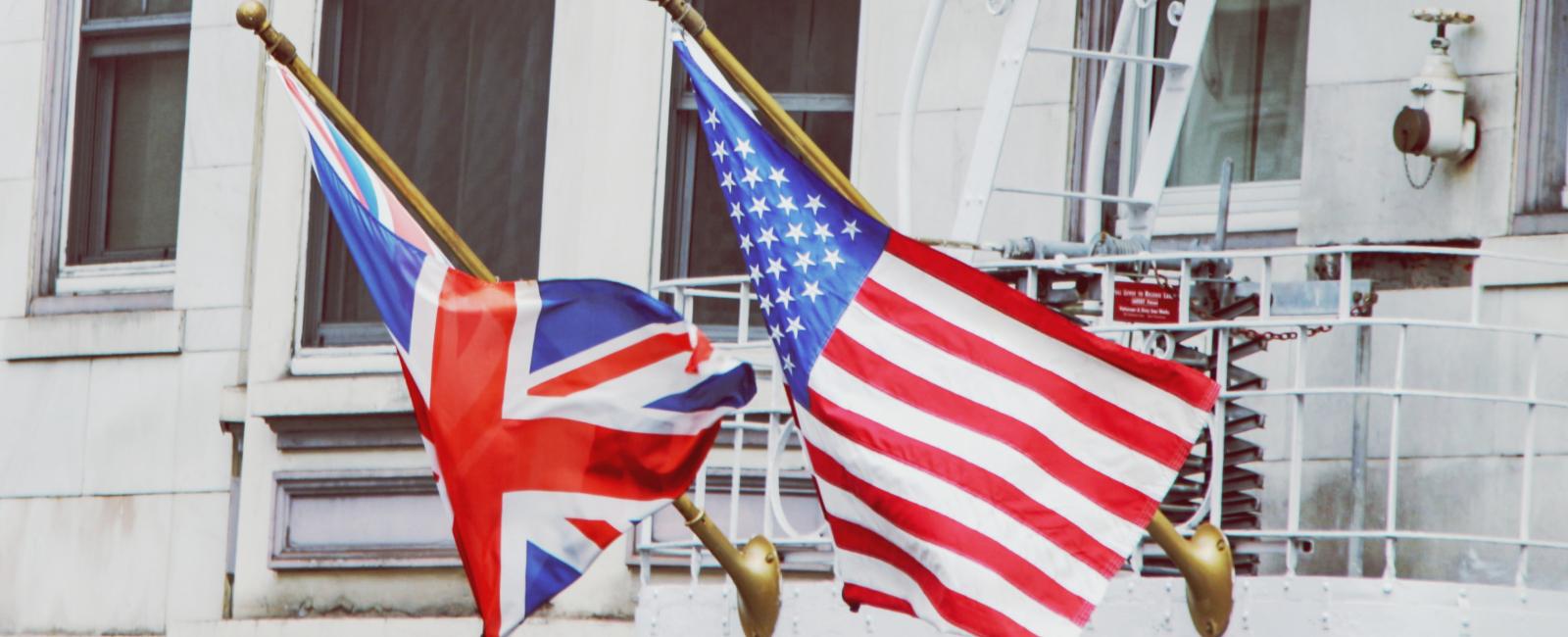New York State professional licensing databases were critical in an investigation into individuals securing and selling fake COVID-19 vaccine cards, Newsweek reports. At least 13 people working in public-facing or other essential-employee settings like hospitals, medical and nursing schools, and nursing homes purchased the fake cards from a seller who falsely entered a number of individuals into the New York State Immunization Information System (NYSIIS). The state’s district attorney’s office has charged the 13 individuals who bought the cards, as well as the two individuals who allegedly sold them.
Virginia’s state board overseeing the rules for workplace pandemic safety has agreed to a series of revisions and new wording of the rules that allows businesses to follow Centers for Disease Control and Prevention (CDC) guidance as opposed to that of state regulations, according to The Virginia Mercury. Although it was the first state to implement workplace safety rules in 2020, Virginia’s standards have been outpaced by science, according to representatives from the National Federation for Independent Business who want the rules either repealed or updated to allow businesses to follow CDC guidance.
The Iowa Racing and Gaming Commission is working with the state’s 19 licensed casinos on their request to loosen employee licensing requirements (Gambling News). The commission is looking for easier licensing for employees not directly involved in gambling operations. Right now, all casino employees need to be licensed, including security staff, valet employees, golf course attendants, and restaurant and hotel employees. Iowa is dealing with a very tight labor market with significant competition in the service industry, which is part of the reason casinos are seeking to relax the licensing requirements.
New Ohio laws allow health care professionals to work across state lines. The state’s Senate Bill 7 includes a Occupational Therapy Licensure Compact that is designed to facilitate the interstate practice of occupational therapy with the overall goal of improving public access to occupational therapy services, according to the text of the bill. State legislators supporting the bill hope it will encourage the cooperation of Member States in regulating multi-state occupational therapy practices.
In the midst of the ongoing COVID-19 pandemic, the U.S. is grappling with a pervasive nursing shortage in many states. North Carolina is among the states hardest hit by the pervasive nursing shortage and things aren’t much better in California, where a new vaccine mandate for health care workers is causing further stress on the system as it deals with surging hospitalizations fueled by the COVID-19 variant.
Got a news tip? Write us at editor@ascend.thentia.com.








